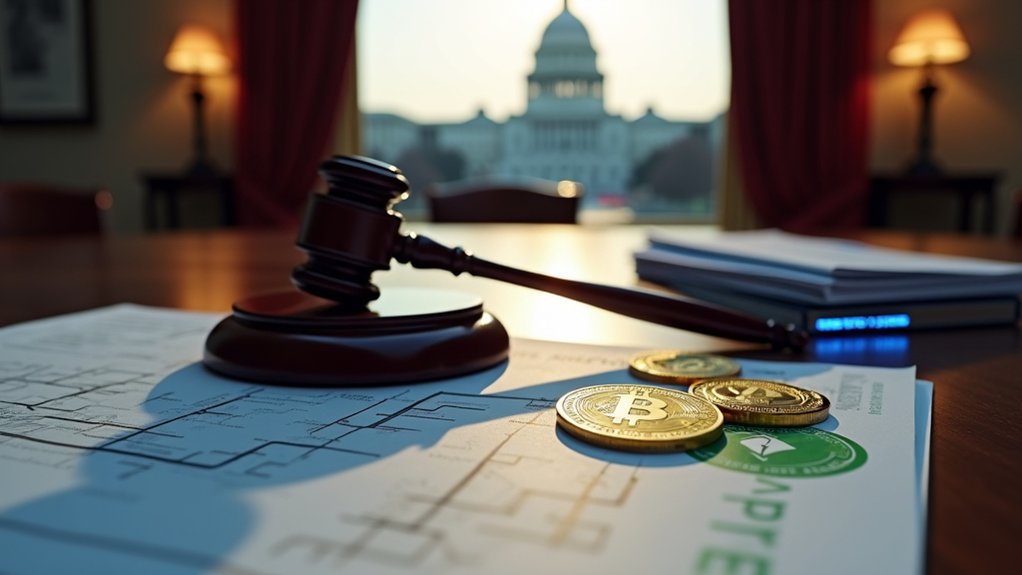While most Brazilians still get paid in reais, that could soon change—dramatically. A new bill introduced by Federal Deputy Luiz Philippe de Orleans e Bragança—yes, an actual descendant of Brazil‘s royal family—aims to let workers receive up to half their salaries in Bitcoin and other cryptocurrencies.
The proposed legislation, officially known as PL 957/2025, hit Congress on March 12th. It’s pretty straightforward: employers could pay up to 50% of wages in crypto. The other half? Still good old-fashioned reais. Can’t have people going completely digital, apparently.
There are exceptions, of course. Independent contractors and expatriates could get their entire paycheck in Bitcoin if they want. Living dangerously, those folks.
Brazil isn’t exactly pioneering this concept. Japan and Portugal already have similar systems in place. El Salvador went even further, making Bitcoin legal tender. Brazil’s just trying to keep up with the cool kids.
While others lead, Brazil follows the crypto crowd—just another nation chasing the digital payments revolution.
The bill’s backers claim it will boost Brazil’s fintech sector and attract foreign investment. The BRICS nations’ transactions using cryptocurrency technology are also enhanced by this legislation. They’re also pitching it as a way to help unbanked populations. Noble, if not a bit optimistic.
But here’s the catch—and it’s a big one: Bitcoin’s value swings wildly. Your 5,000 reais equivalent today could be worth 3,000 tomorrow. Or 7,000. Who knows? That’s not exactly ideal for people who need to pay rent. These dramatic price swings stem from cryptocurrency’s supply and demand dynamics operating in a relatively young market.
The proposal includes some safeguards. The Central Bank would approve exchange rates, and employers must provide detailed payment statements. The law requires that crypto payment conversions adhere to exchange rates established by the Central Bank of Brazil. There’s even talk of mandatory financial education programs. Because nothing says “practical legislation” like forcing people to take crypto classes.
Critics worry about money laundering, tax evasion, and economic stability. Valid concerns, given crypto’s reputation.
The bill still needs to pass through both congressional chambers and get presidential approval. That could take months—or years. Until then, Brazilians will have to settle for boring old currency that doesn’t crash 10% over a random Elon Musk tweet.





